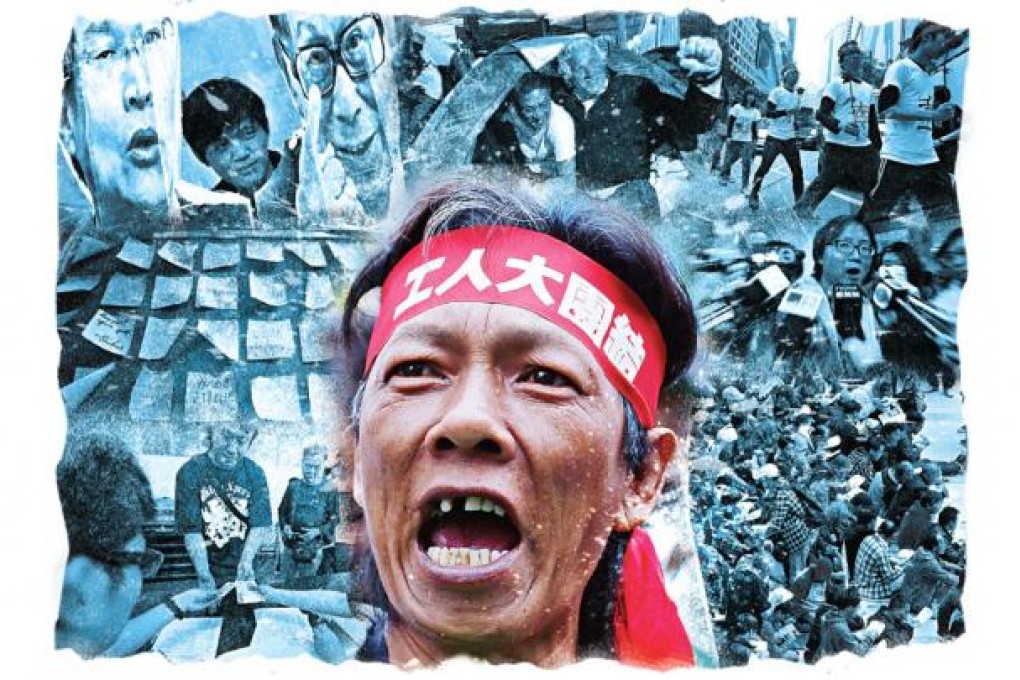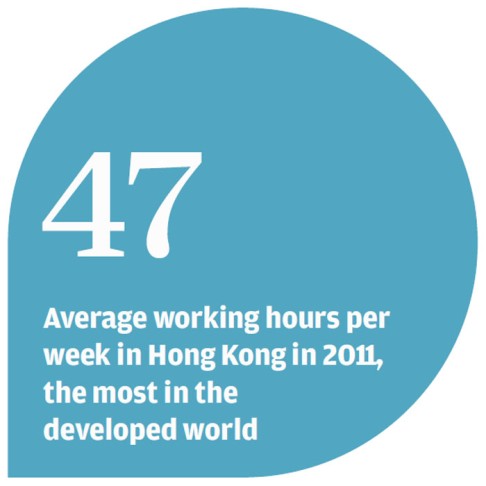Labour unions hindered by lack of collective bargaining law
While the dockers' strike has shown the determination of some unionists, government's cosiness with bosses means scales are tipped against them

The strike by Hong Kong dockers has put labour unions in the spotlight after years spent in the shadows.

Yet union membership in the city remains low. Labour Department figures show that unions and staff associations claimed total membership of just over 800,000, representing 23per cent of the workforce.
It's a far lower participation rate than in other Asian countries, and a far cry from 1967 when strikes in the shipping, taxi, textile and cement industries escalated into the biggest outbreak of unrest in the city's history.
That led to a change in the picture for trade unionism. According to a 2005 report by the think tank Civic Exchange, the riots and other protests, along with pressure from British labour unions, led to implementation of the Employment Ordinance in 1968, offering more rights for employees. However, academics and unionists say workers are still seeing few benefits, their cause hindered by the city's economic and social structure.
Even in the strike by dockers, who claim their wages have not risen in 15 years, employers have been reluctant to come to the bargaining table.
Strike organisers attribute this reluctance to the lack of collective bargaining law in Hong Kong, while an expert on labour issues says the political influence of businessmen has made it difficult to pass labour laws.
